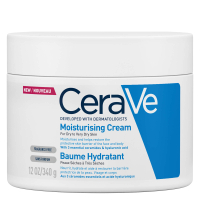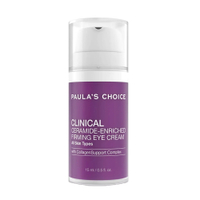What are ceramides and how do they work in your skincare?
Everything you need to know about ceramides and the benefits of using them in your skincare routine
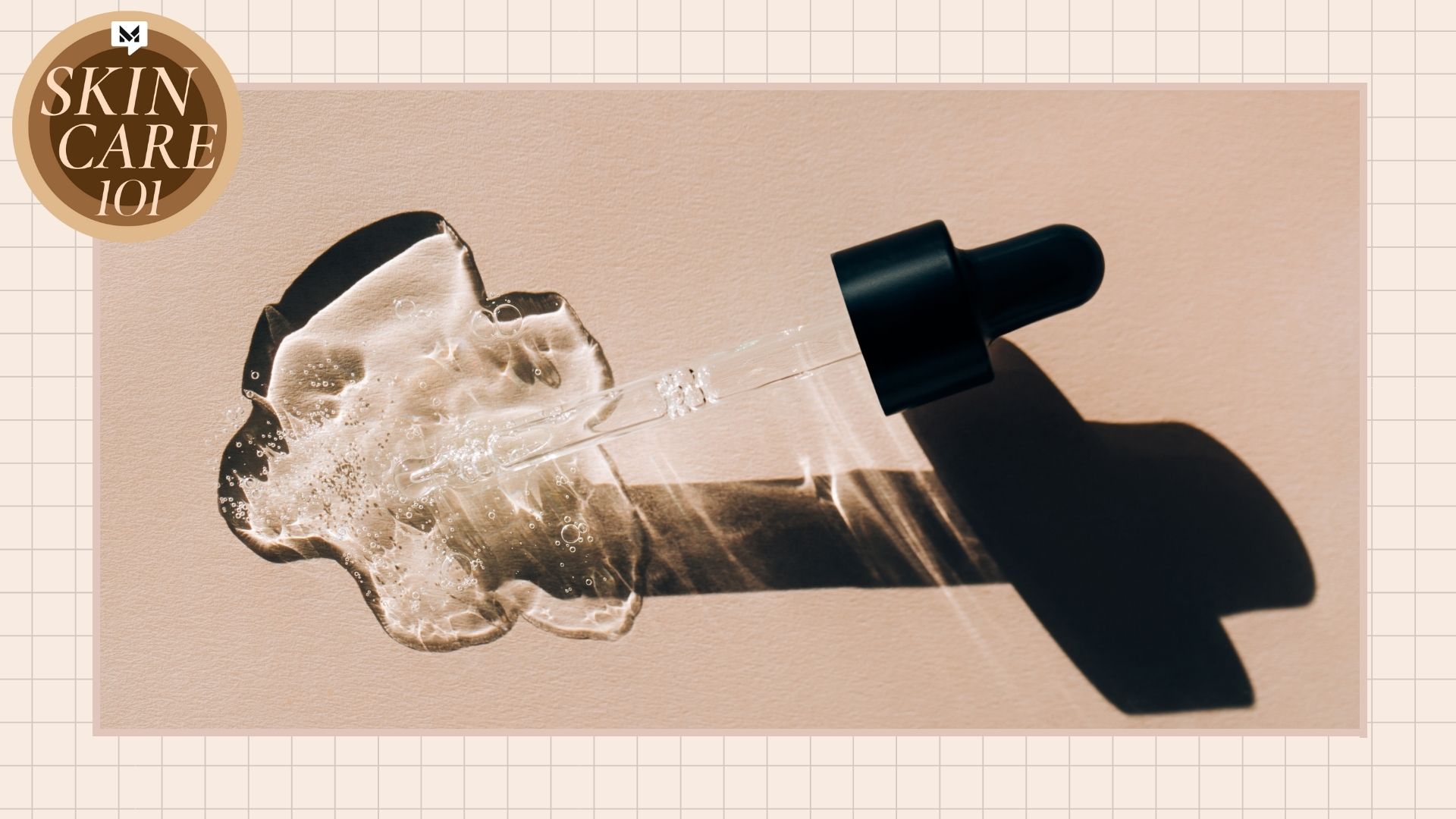
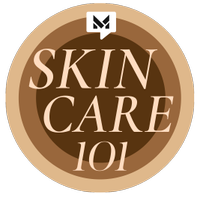

Get the 101 on ceramides in this Skincare 101—our comprehensive skincare dictionary of every ingredient that you need to know about.
Ceramides are a very popular ingredient in skincare products today—but do you know what they are, how they work and exactly why you should be using them?
A good skincare routine will be made up of a variety of products designed to help maintain your skin’s health, clarity, firmness and softness. The right skincare routine order is critical to maintaining its appearance and how well it responds to external threats in the surrounding environment.
Knowing what ingredients are in your skincare products and how you can use them to help protect your skin can improve both your skin regime and the resulting appearance. Here’s what you need to know about how can ceramides benefit the skin.
What are ceramides?
These lipid molecules are already present in our skin. “Ceramides are the naturally occurring fats that make up a very large portion of the skin,” explains Dr Kemi Fabusiwa, aka Dr Fab, skin expert and ambassador for The INKEY List. “They hold the skin cells together providing support and structure to the skin.
Ceramides can actually make up as much as 50% of our skin's composition and are integral to its functioning. "They also help to keep it supple by preventing water loss and contributing to the skin’s protective barrier function," Dr Fab adds.
How do ceramides work in skincare?
Essentially, ceramides help to form a protective barrier around your skin to prevent moisture loss and help to keep out any unwanted environmental nasties.
Like the best retinol serums, ceramides also make for an excellent anti-aging ingredient that help to keep your skin moisturized, elastic and plump, which are all important elements of your skin's natural health and appearance.
“Certain environmental insults and the natural ageing process can lead to a reduction of the levels of ceramides in your skin, predisposing you to blemish-prone skin," explains Dr Fab. "It is therefore important to replenish the levels of ceramides in your skin by adding in this ingredient into your skincare routine.”
How to use ceramides in your skincare routine
The good news is that ceramides are generally suitable for all skin types and conditions. So if you're looking for a product that contains them to help support your skin, these days it’s pretty easy to find these hardworking formulas.
Should a skincare product contain ceramides, you'll usually find it splashed across the packaging, but you can also check the ingredients label for their inclusion—or shop a few of our favourite brands below.
CeraVe Moisturizing Cream
RRP: From $11.99/£9 for 177ml
One of the best moisturizers for dry skin, this fuss-free moisturiser is perfect for dry skin that needs some love.
The dermatologist-loved CeraVe Moisturizing Cream contains three essential ceramides to support the skin barrier and can be used on both the face and the body.
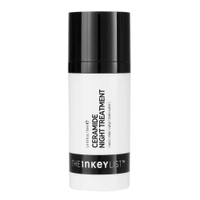
The INKEY List Ceramide Night Treatment
RRP: $14.99/£14.99 for 30ml
Ceramides sit alongside a 2.5% concentration of hydrating hyaluronic acid in The INKEY List's nighttime serum, helping your skin to retain moisture.
Paula's Choice Ceramide Enriched Firming Eye Cream
RRP: $49/£43 for 15ml
As well as five different types of "skin-identical" ceramides, this anti-ageing eye cream contains vitamin C to brighten and retinol to help improve visible wrinkles in the skin.
To really reap the benefits in your skincare routine, try looking for ceramides in your daily serums or moisturizer—it’s these leave-on formulas that are going to have the biggest benefit in the deeper layers of your skin and in its barrier function. And you could even combine it with your best hyaluronic acid serum.
If you want a plumper, better-moisturiser and healthier-looking complexion, you can't really go wrong with ceramides. Add them to your skincare routine ASAP and we're positive you'll be seeing the benefits in your skin with time.

Aleesha was Deputy Editor and Beauty & Fashion Editor for My Imperfect Life, where she headed up the beauty, fashion and eCommerce pages. Previously she was Shopping Writer at woman&home and gained an AOP awards nomination after working on their news team. She earned an MA in Magazine Journalism from City, University of London in 2017 and has since worked with a number of brands including, Women's Health, Stylist and Goodto. When she’s not testing all the new beauty & lifestyle products on the market, Aleesha spends her time soaking up the newest bestsellers and Netflix releases, watching everything Marvel, learning about different wines, attempting new languages and traveling as much as she can.
-
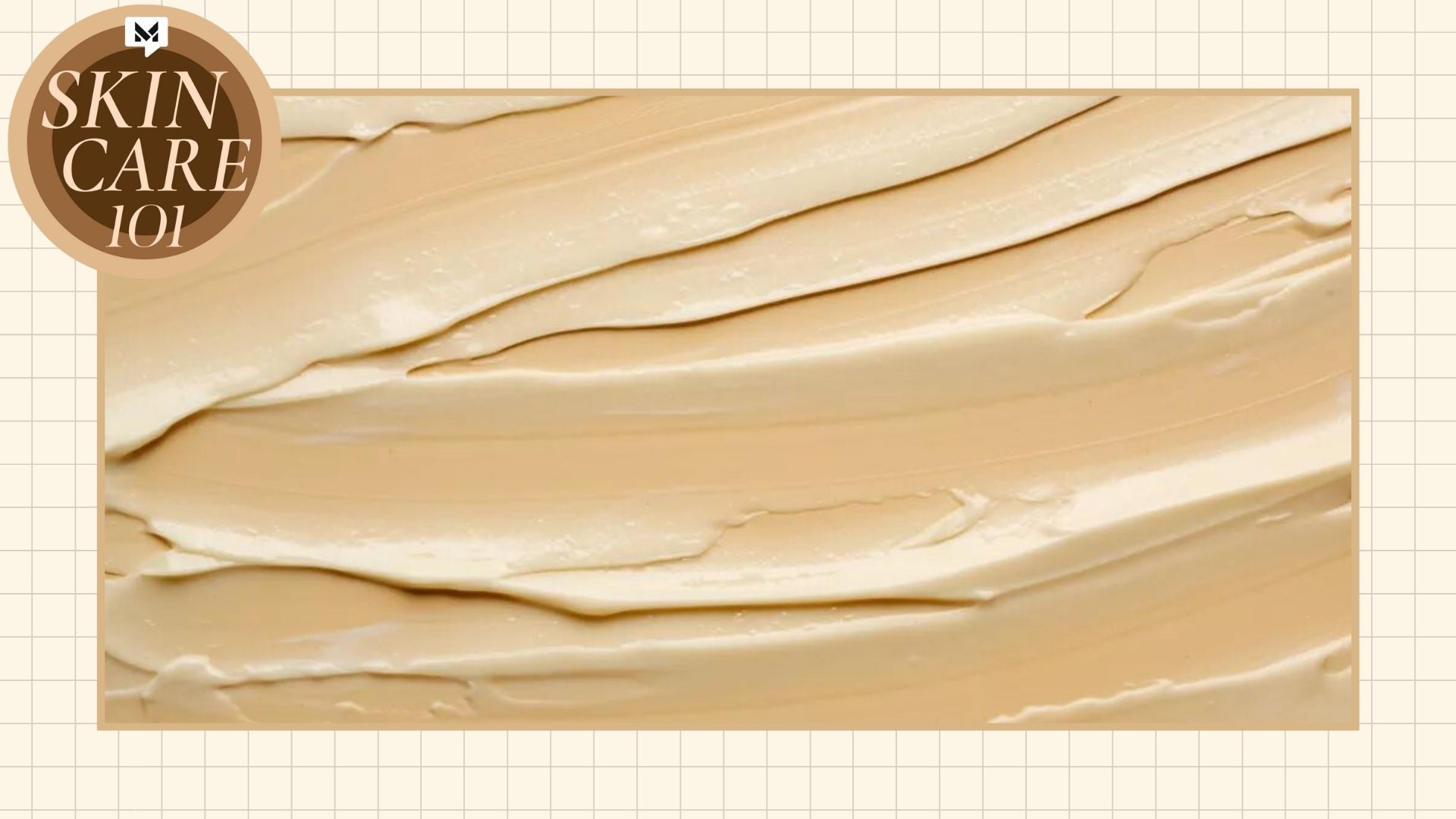
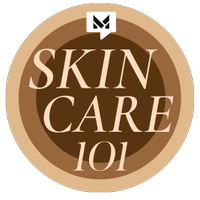 What is shea butter and how does it work?
What is shea butter and how does it work?Here's what you need to know about shea butter and why it's been used in skincare routines for decades
By Aleesha Badkar
-
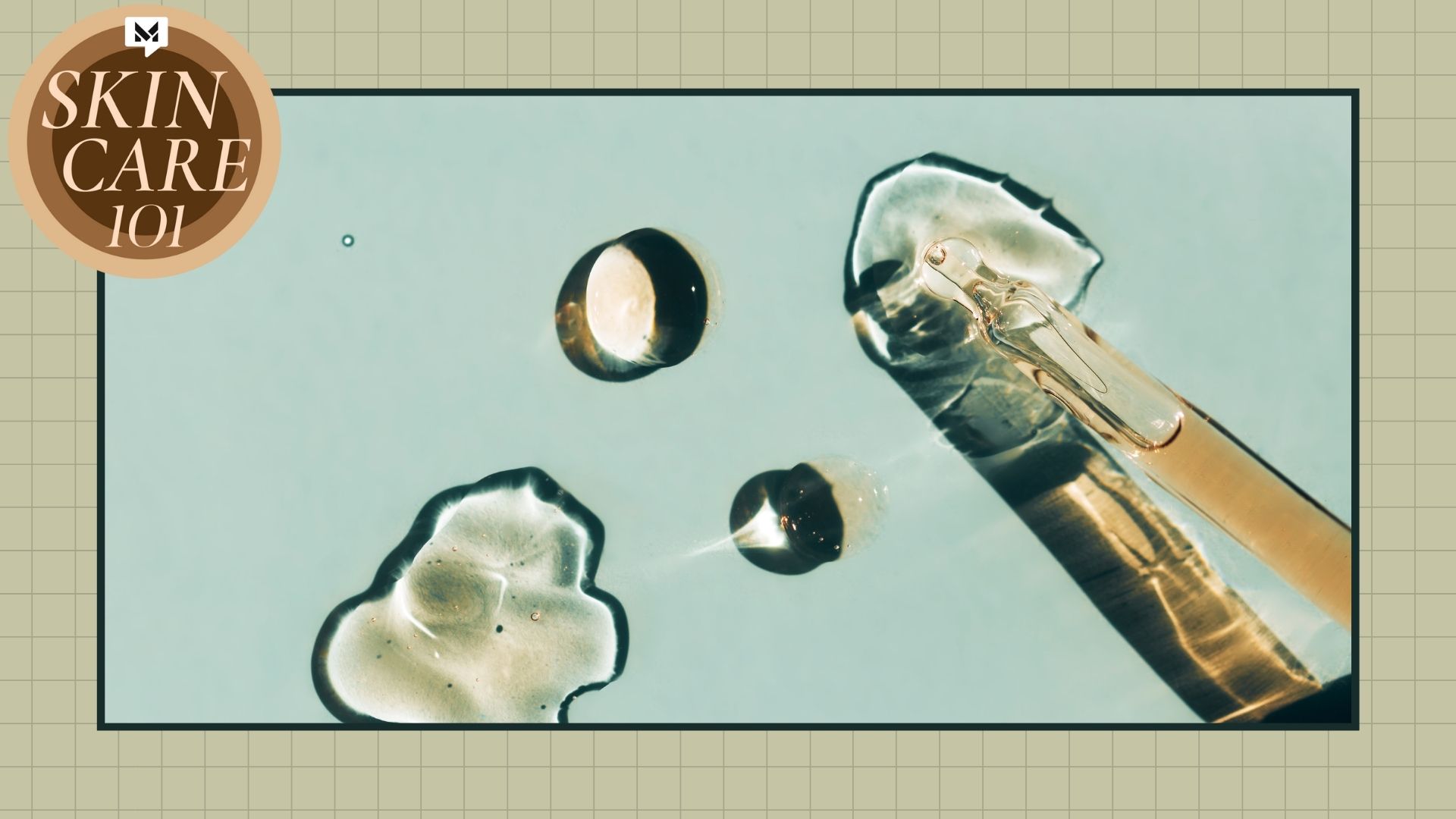
 What is tamanu oil and how does it work in skincare?
What is tamanu oil and how does it work in skincare?Tamanu oil can help you achieve healthy, glowing skin with added antioxidant protection
By Aleesha Badkar
-
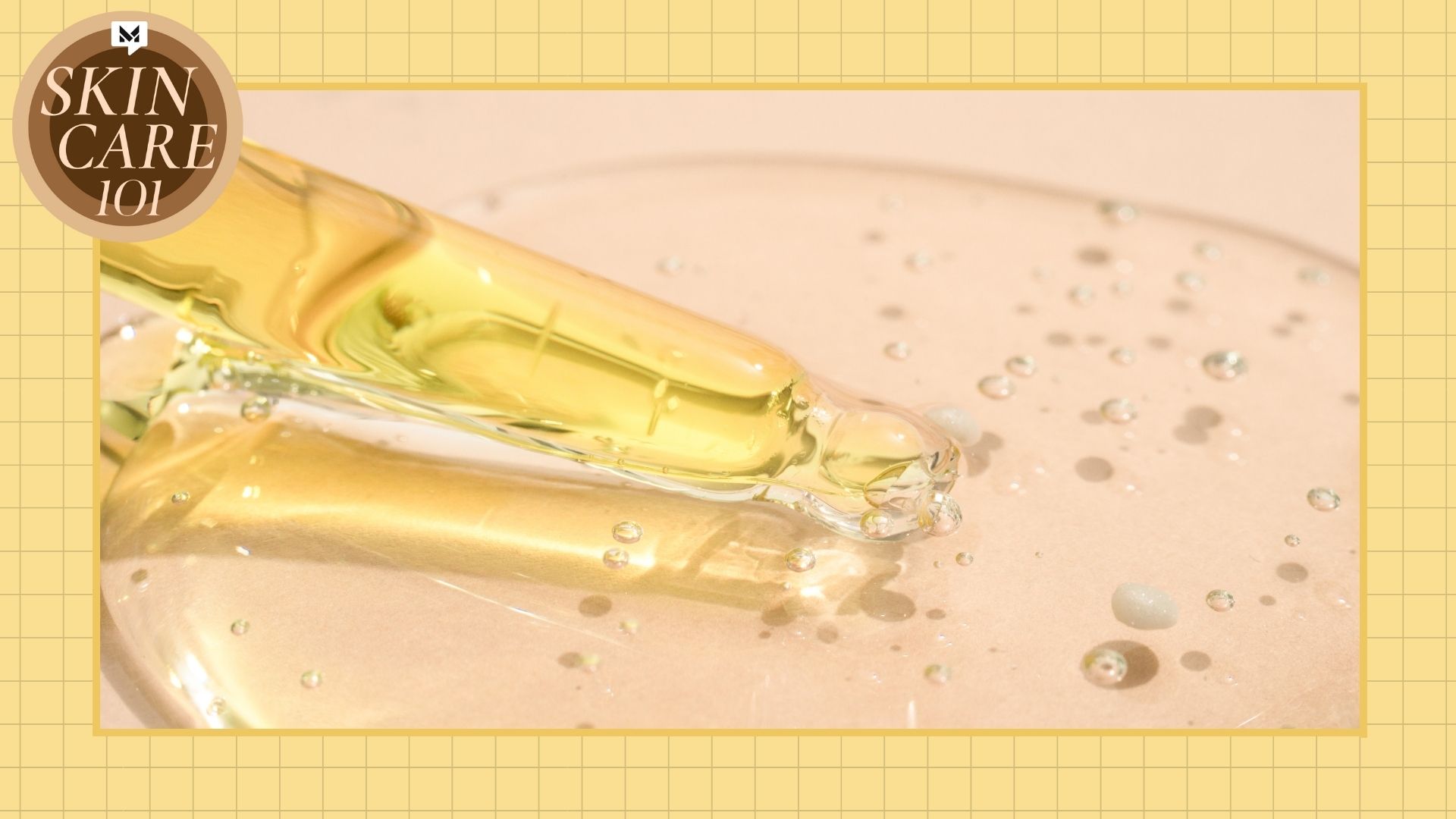
 What is marula oil and how does it work? Everything to know
What is marula oil and how does it work? Everything to knowMarula oil is one of the lesser known skin ingredients, but it still packs a punch. Here's what you need to know about it...
By Aleesha Badkar
-
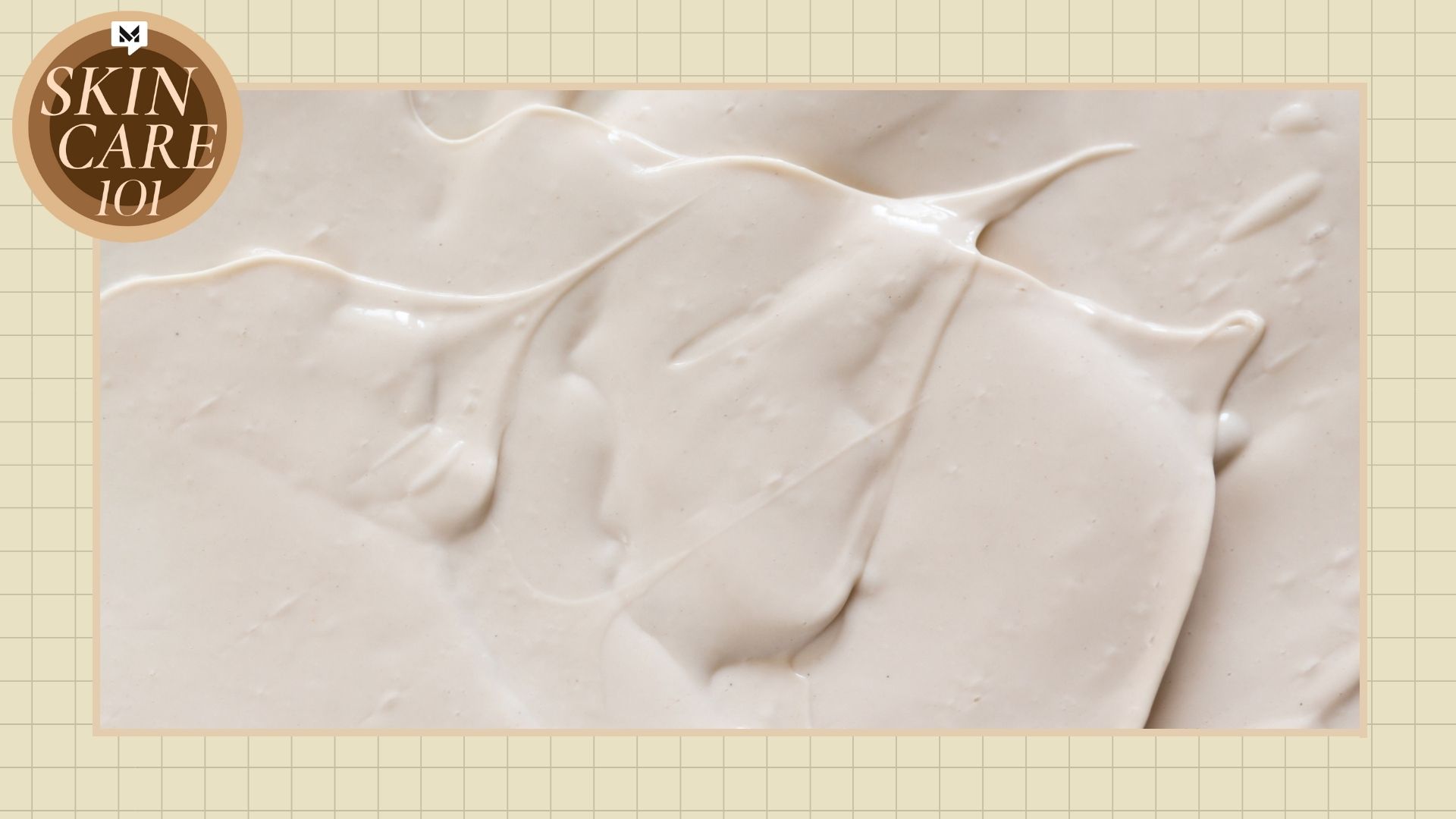
 What is allantoin and how can it benefit your skin?
What is allantoin and how can it benefit your skin?Here's what you need to know about unsung hero skincare ingredient allantoin
By Aleesha Badkar
-
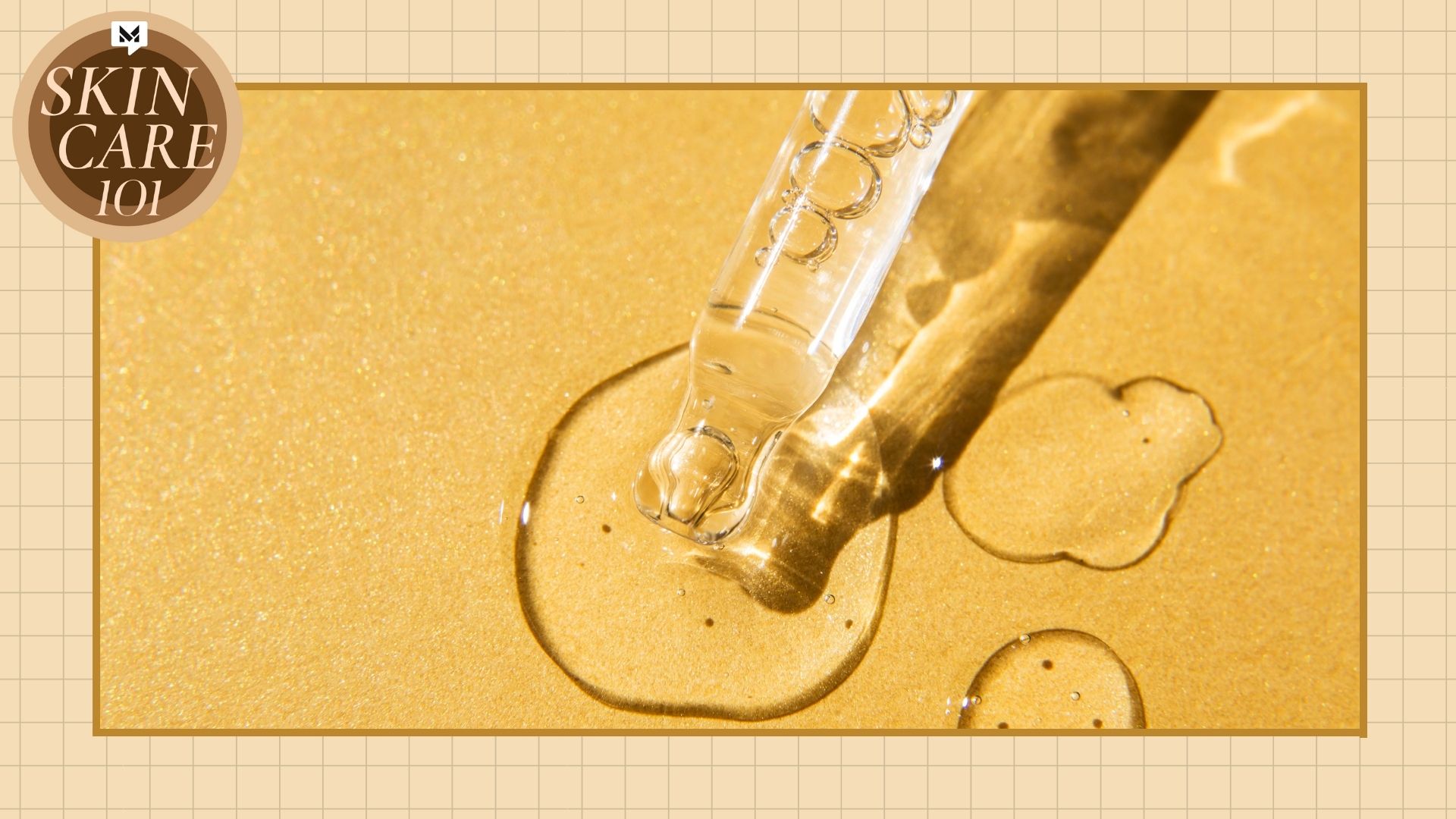
 What is argan oil and how does it benefit your skin?
What is argan oil and how does it benefit your skin?Argan oil is a popular ingredient in haircare products, but did you know it might also benefit your skin? Here's what you need to know about it
By Aleesha Badkar
-
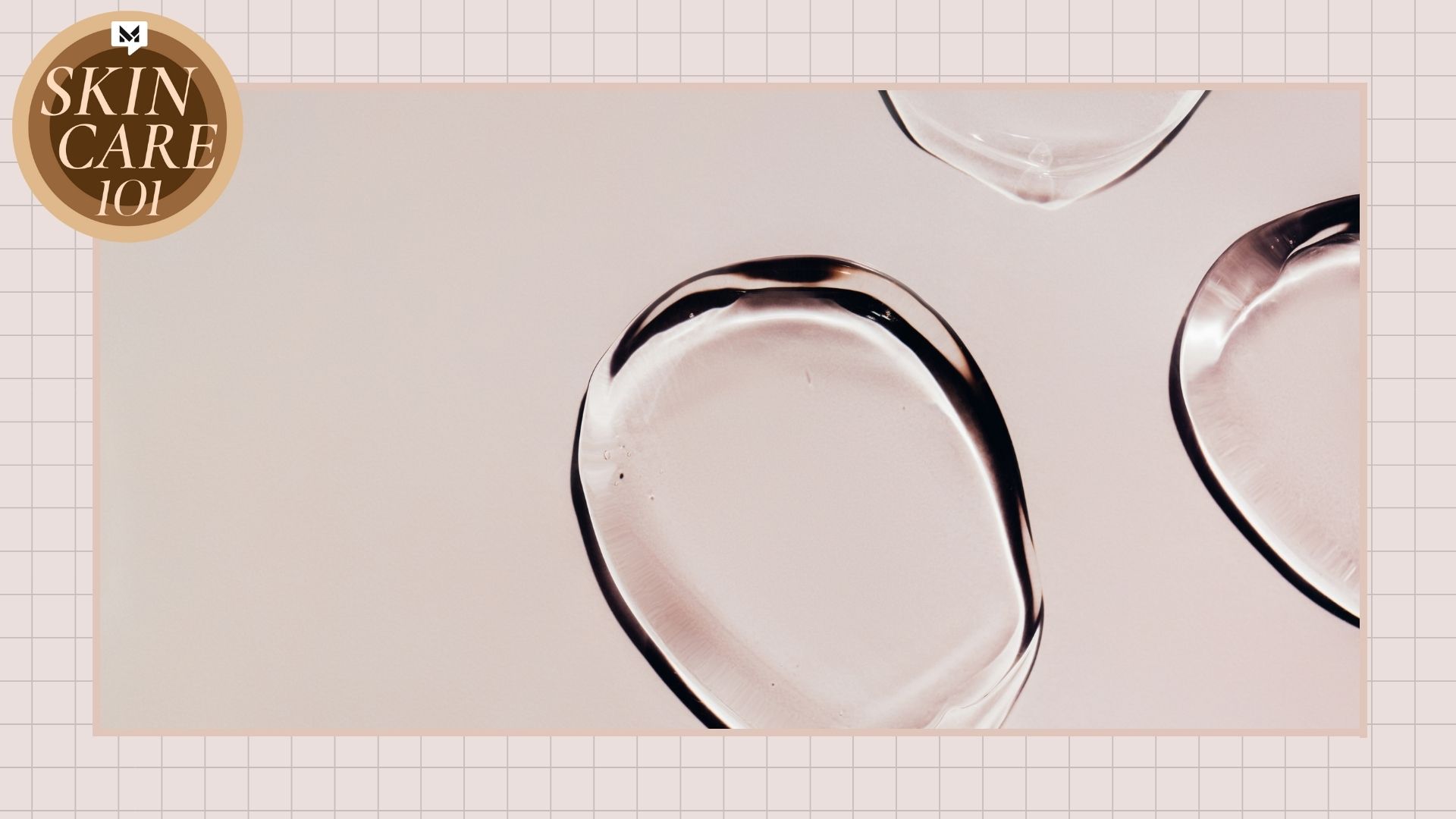
 What is mandelic acid and how does it work in skincare?
What is mandelic acid and how does it work in skincare?Everything you need to know about mandelic acid, a lesser known alpha-hydroxy acid
By Aleesha Badkar
-
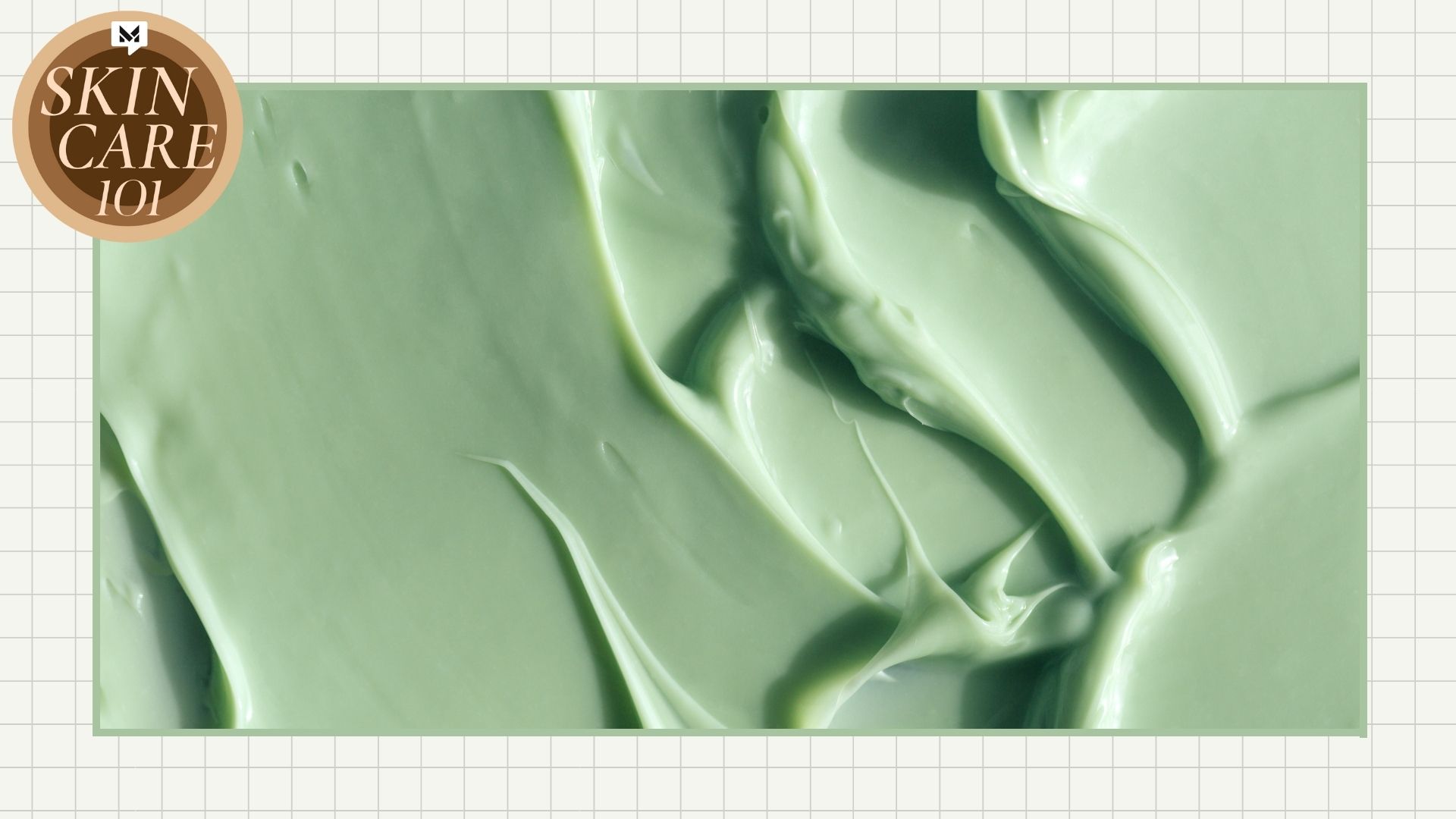
 What is centella asiatica? Everything to know about cica skincare
What is centella asiatica? Everything to know about cica skincareOur guide to centella asiatica lays out everything you need to know about the benefits of cica for skin
By Aleesha Badkar
-
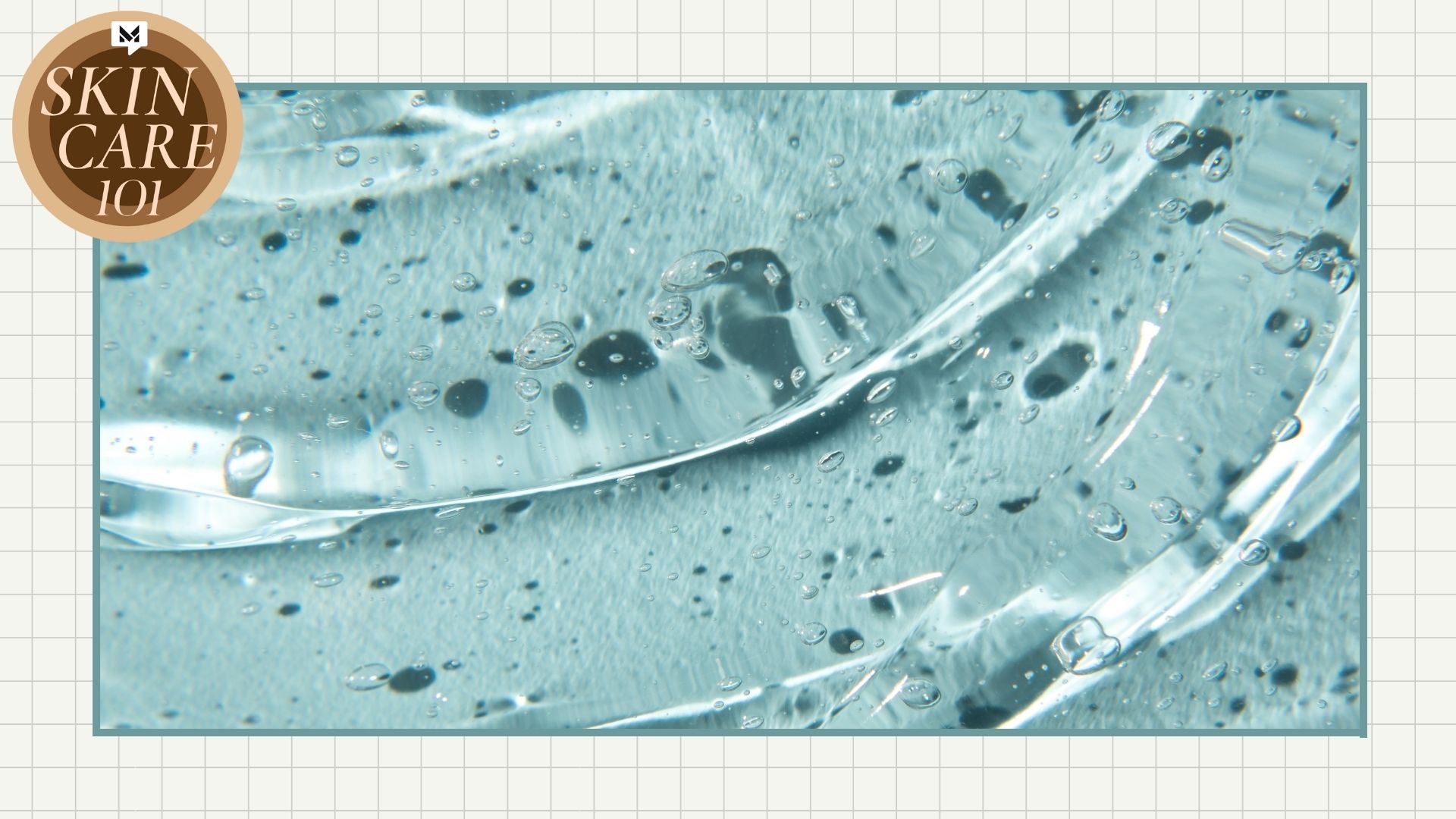
 What is beta hydroxy acid (BHA) and how does it work?
What is beta hydroxy acid (BHA) and how does it work?We break down everything you need to know about beta hydroxy acid, from how to use it to its skin benefits
By Aleesha Badkar
